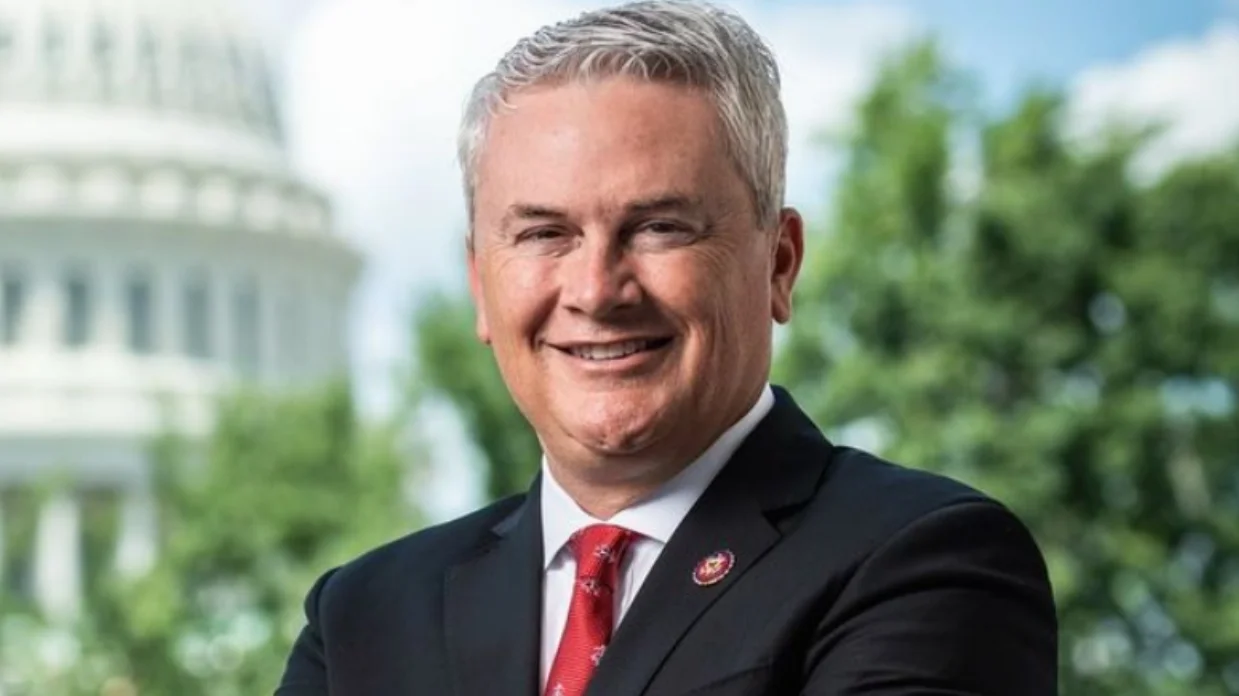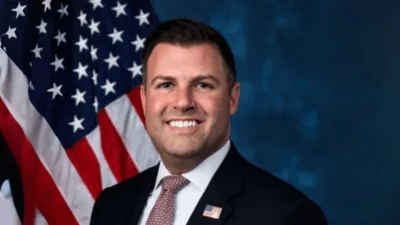A hearing held by the Federal Law Enforcement Subcommittee examined the Biden Administration’s approach to environmental enforcement, focusing on its impact on small businesses and individuals. The session, titled “From Protection to Persecution: EPA Enforcement Gone Rogue Under the Biden Administration,” addressed concerns about aggressive use of consent decrees and law enforcement tactics by federal agencies.
Testimony was presented by Justin Savage, a partner at Sigley Austin LLP, who said, “EPA’s criminal charging theory appears to have been a favorite weapon of the Biden Administration to pursue truck enthusiasts who, coincidentally, are overwhelmingly supporters of President Trump. Regardless of possible political motivations, the effects of the criminalization of aftermarket tampering cases are most felt by individuals and small entrepreneurs whose entire lives are put into jeopardy for conduct that EPA itself repeatedly characterized as resulting in civil liability only.”
Kory Willis, owner of Power Performance Enterprises, Inc., described his experience dealing with federal consent decrees. He stated: “My family and I spent several millions of dollars in legal and accounting fees, and hundreds or even thousands of hours of staff time responding to EPA’s demands and trying to understand EPA’s position on the sales of our company’s tunes […] [In] May 2022 the Consent Decree was finalized. We simply did not have the money to fight the endless resources of the Federal Government and the DOJ’s overly burdensome requests would have continued to plague my family and business.”
Savage also testified: “Small businesses and individual entrepreneurs bear the brunt of enforcement […] These are not companies who keep extensive legal teams on retainer or maintain sufficient funds to absorb years of extensive litigation or criminal investigations.”
During questioning by Subcommittee Chairman Clay Higgins (R-La.), Willis revealed financial losses due to enforcement actions:
Rep. Higgins: “Can you speak about the economic impact it has had on you? How much money did you end up paying into the EPA?”
Mr. Willis: “Yes, sir. And it was in excess of $3.1 million.”
Rep. Higgins: “Have you estimated conservatively how much business you’ve lost over the last decade, you and your family?”
Mr. Willis: “Just the last five years on emissions compliant products, probably around $12 million. If we are talking full racing products, probably over $100 million.”
Rep. Higgins: “Can you speak to what you paid counsel, what you’ve had to pay attorneys over the last decade?”
Mr. Willis: “Yes, sir, in excess of $7 million.”
Representative Scott Perry (R-Pa.) questioned whether regulations imposed by EPA officials were based on reliable scientific data:
Rep. Perry: “The EPA has been deputized so to speak by the American government to punish people under this wide-ranging purview which is defined by the bureaucrats that work at the EPA. The regulations that you have to abide by are made up and based on things called science that is not really science. The data they force on you Mr. Willis, with all these regulations, where did they get the data? We don’t know. The federal government then goes to you and persecutes you. They want you out of business. How many days can you go through and sustain and pay your bills and pay your employees?”
Mr. Willis responded: “We are at the point of starting to lay off employees.”
Chairman Higgins announced that a comprehensive review will be conducted regarding regulatory agencies’ law enforcement authorities.
James Comer currently serves as U.S. Representative for Kentucky's 1st district after succeeding Ed Whitfield in 2016 (https://comer.house.gov/about). Comer has represented Kentucky's 1st District since 2016; prior roles include service in Kentucky's House from 2001-2012 (https://ballotpedia.org/James_Comer). He was born in Carthage, Tennessee in 1972 and now resides in Tompkinsville (https://bioguide.congress.gov/search/bio/C001108). Comer graduated from Western Kentucky University with a Bachelor’s degree in 1993.
The subcommittee plans further examination into whether administrative powers granted to regulatory agencies should be reduced.








